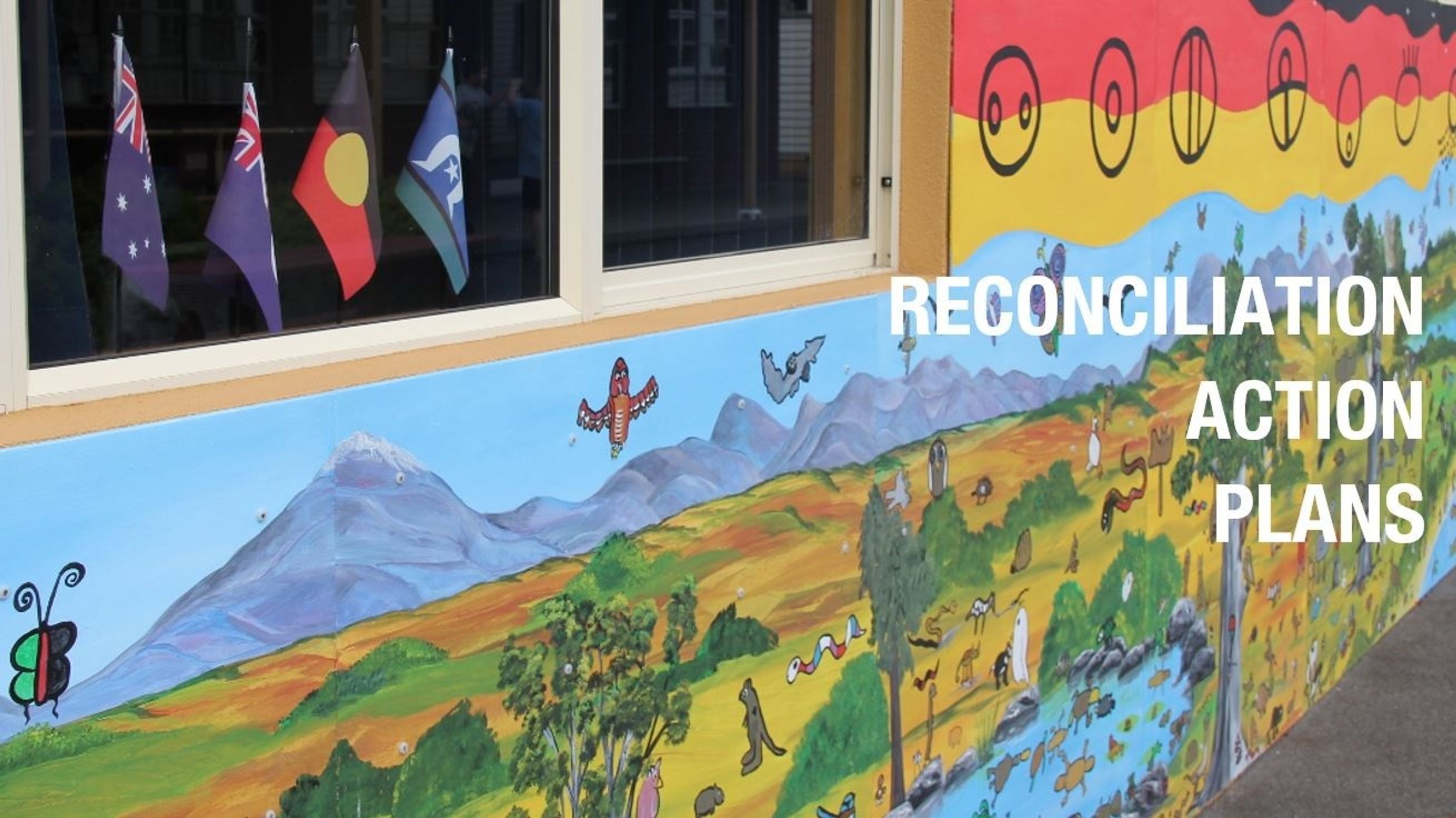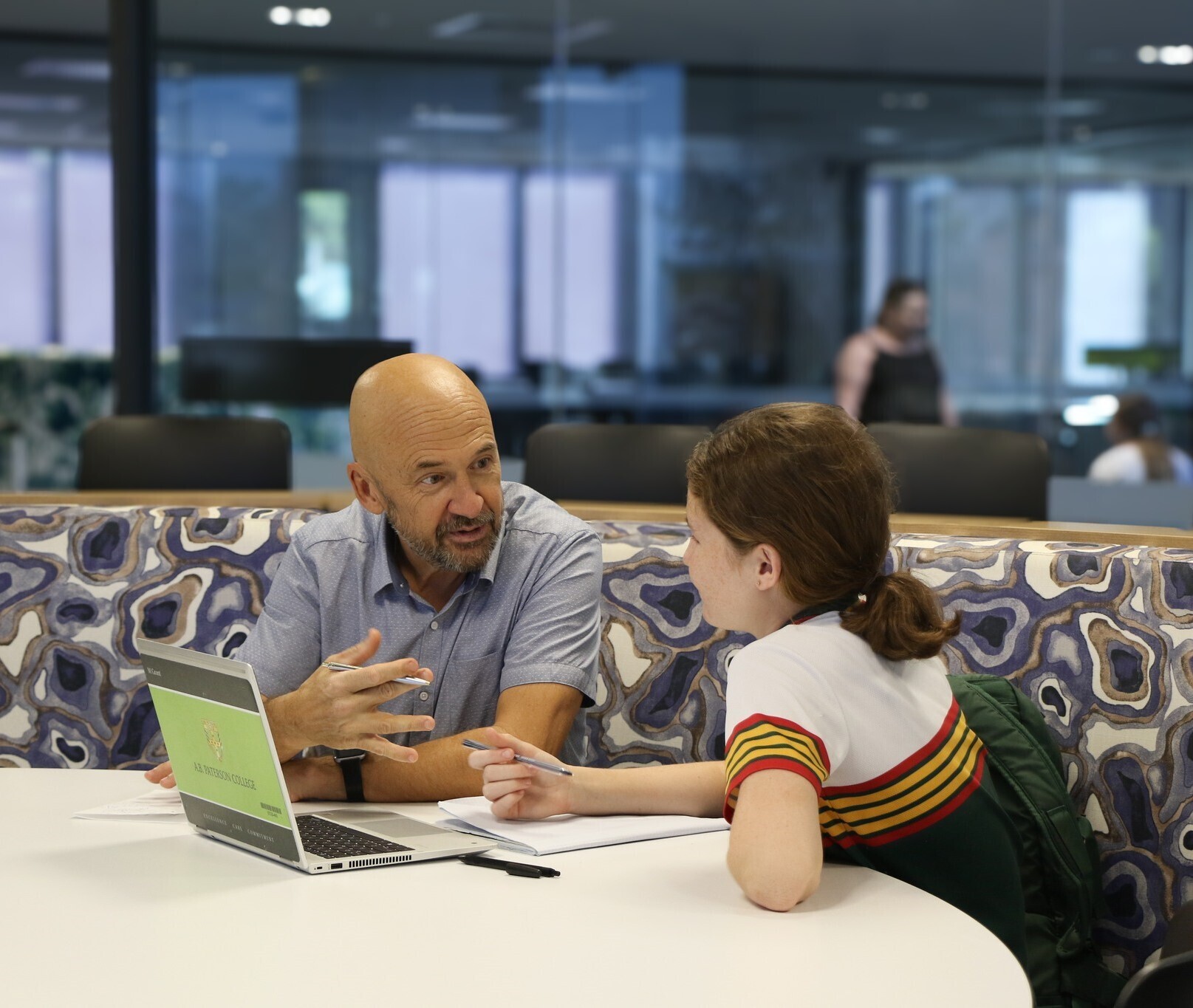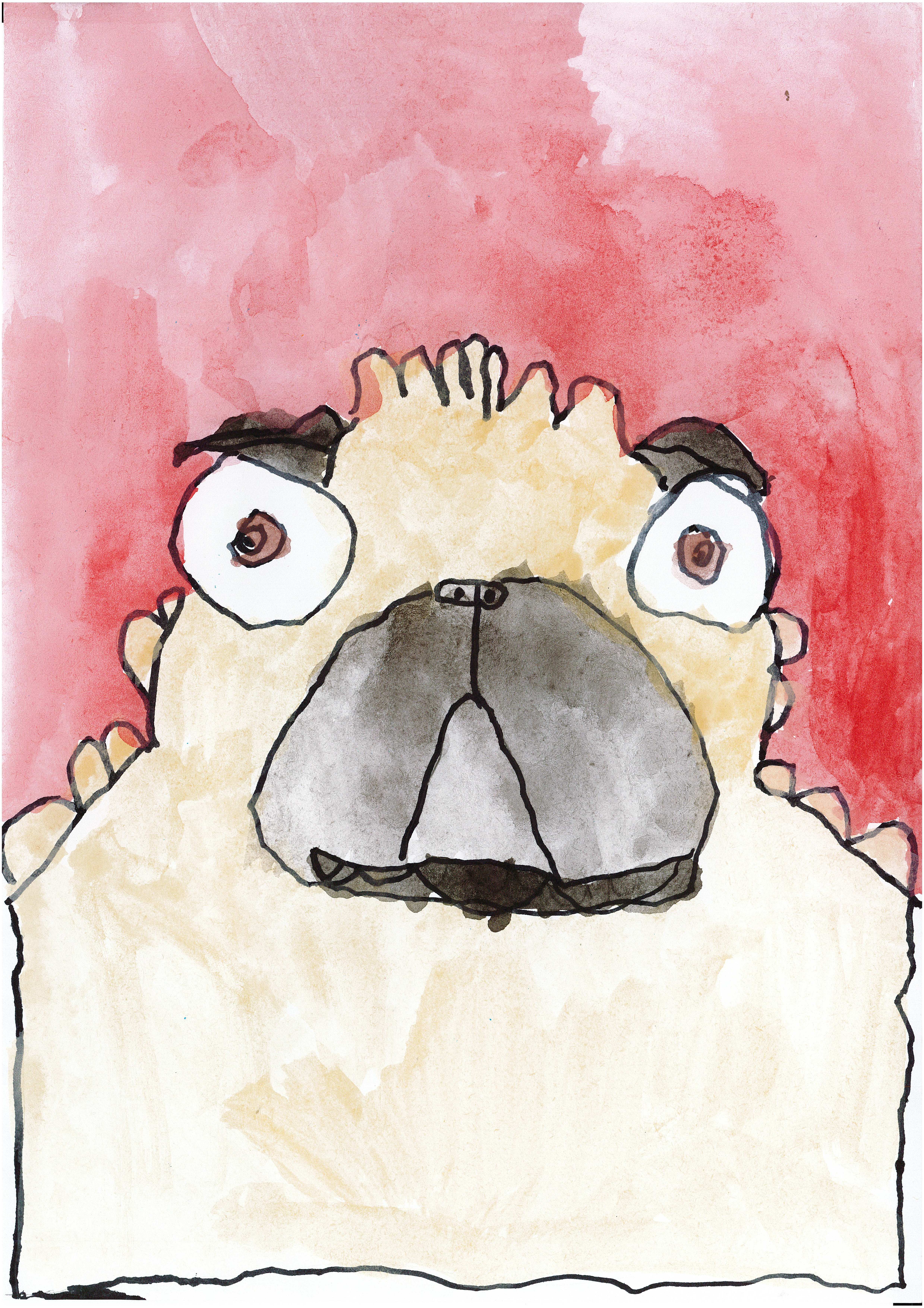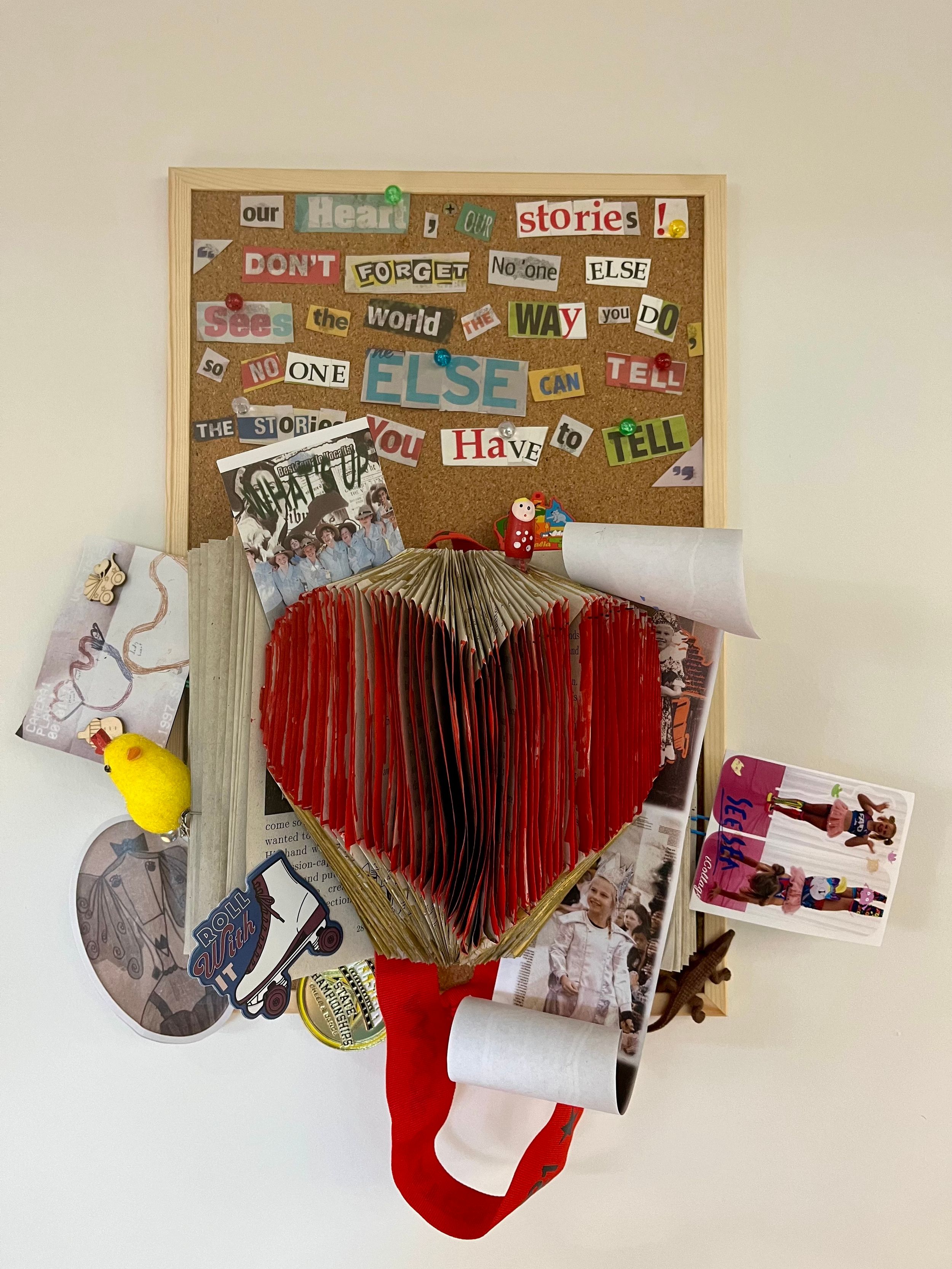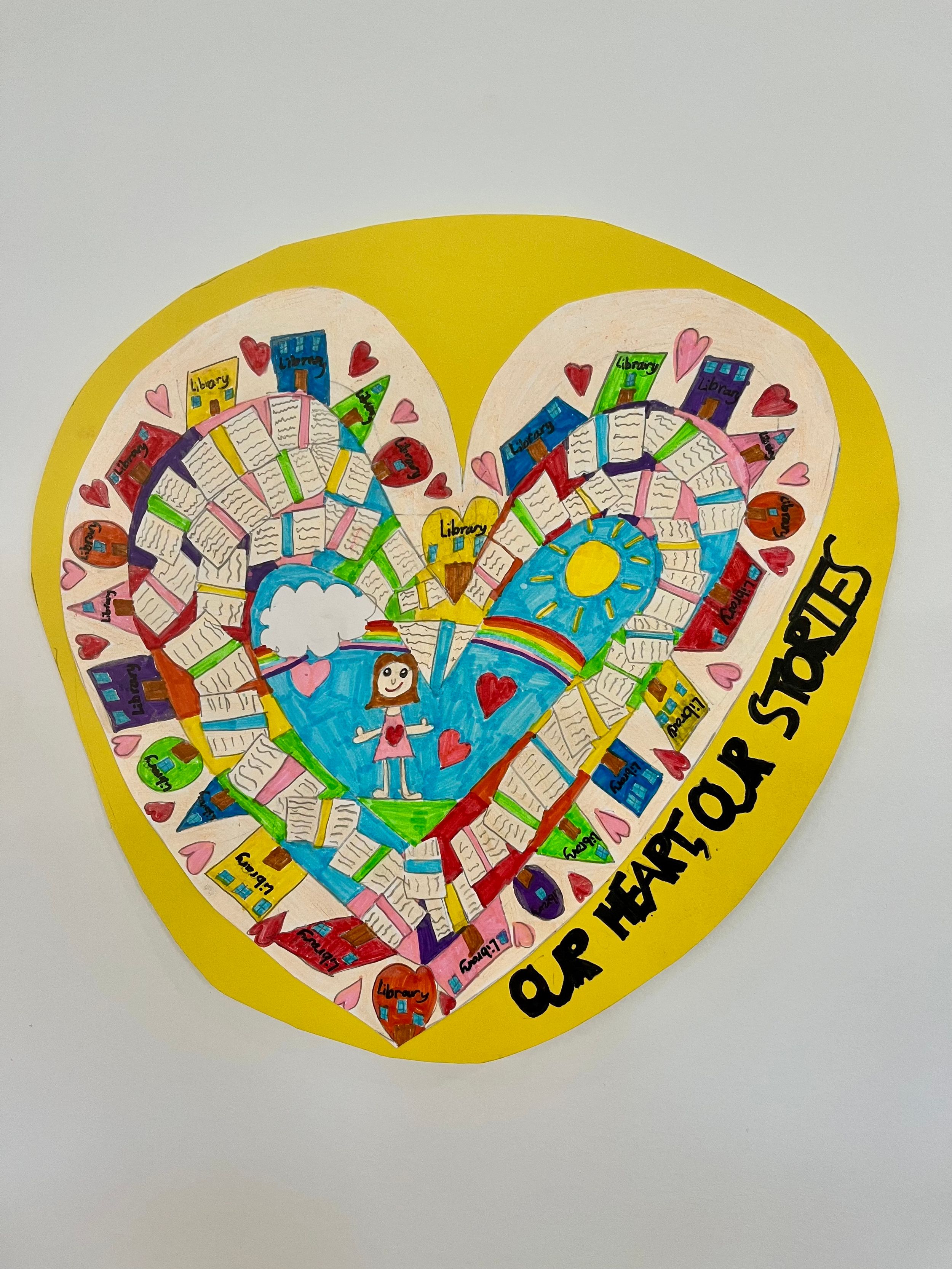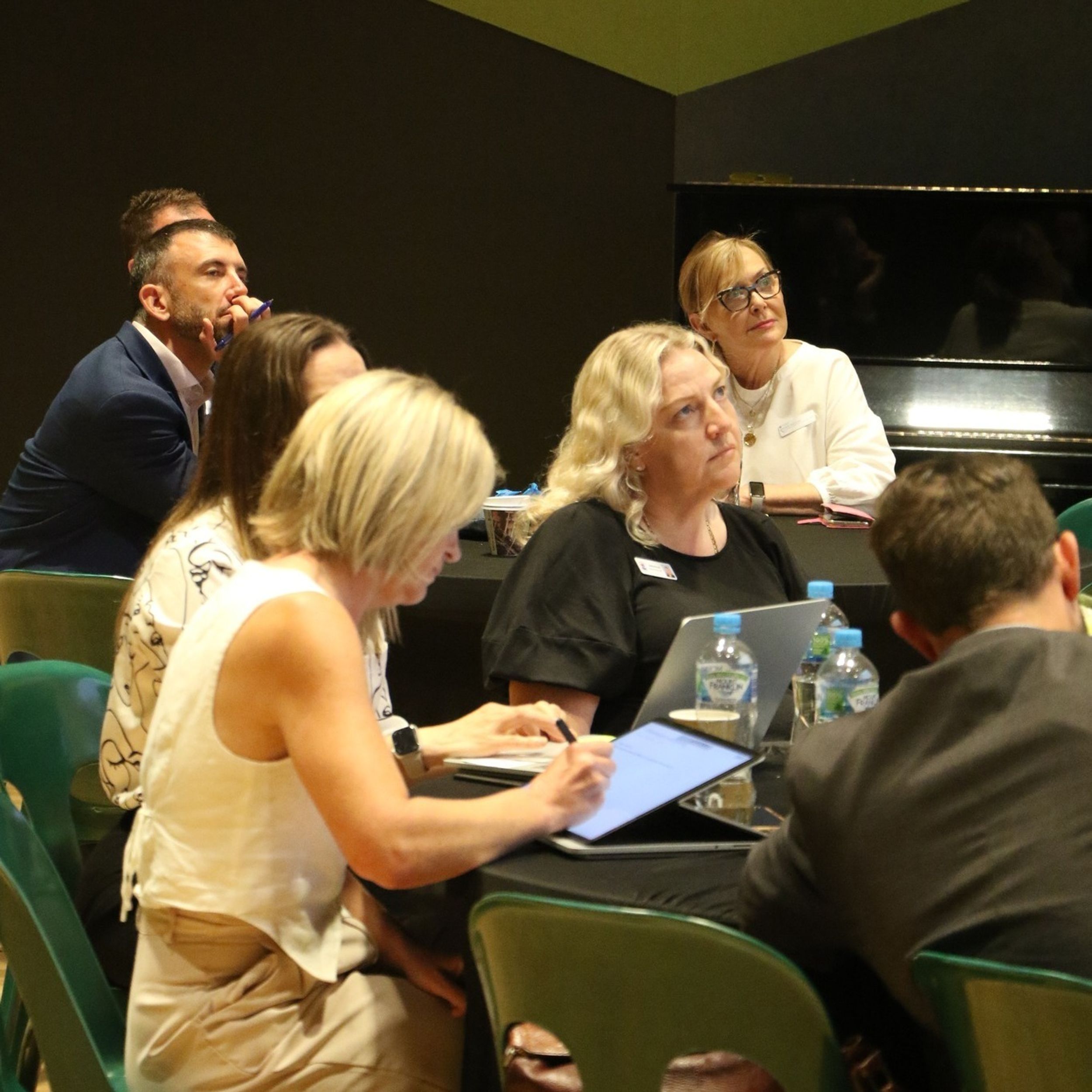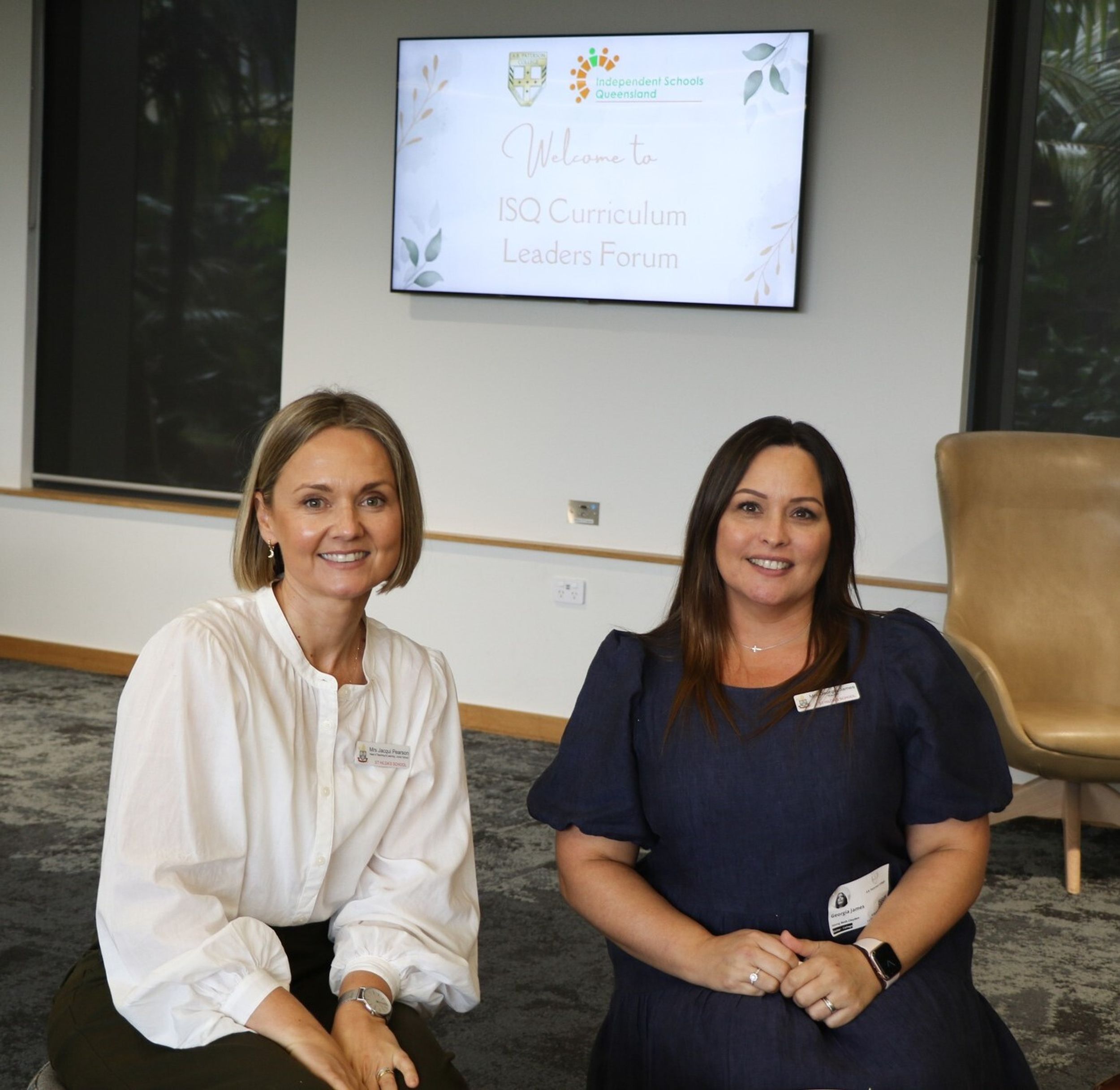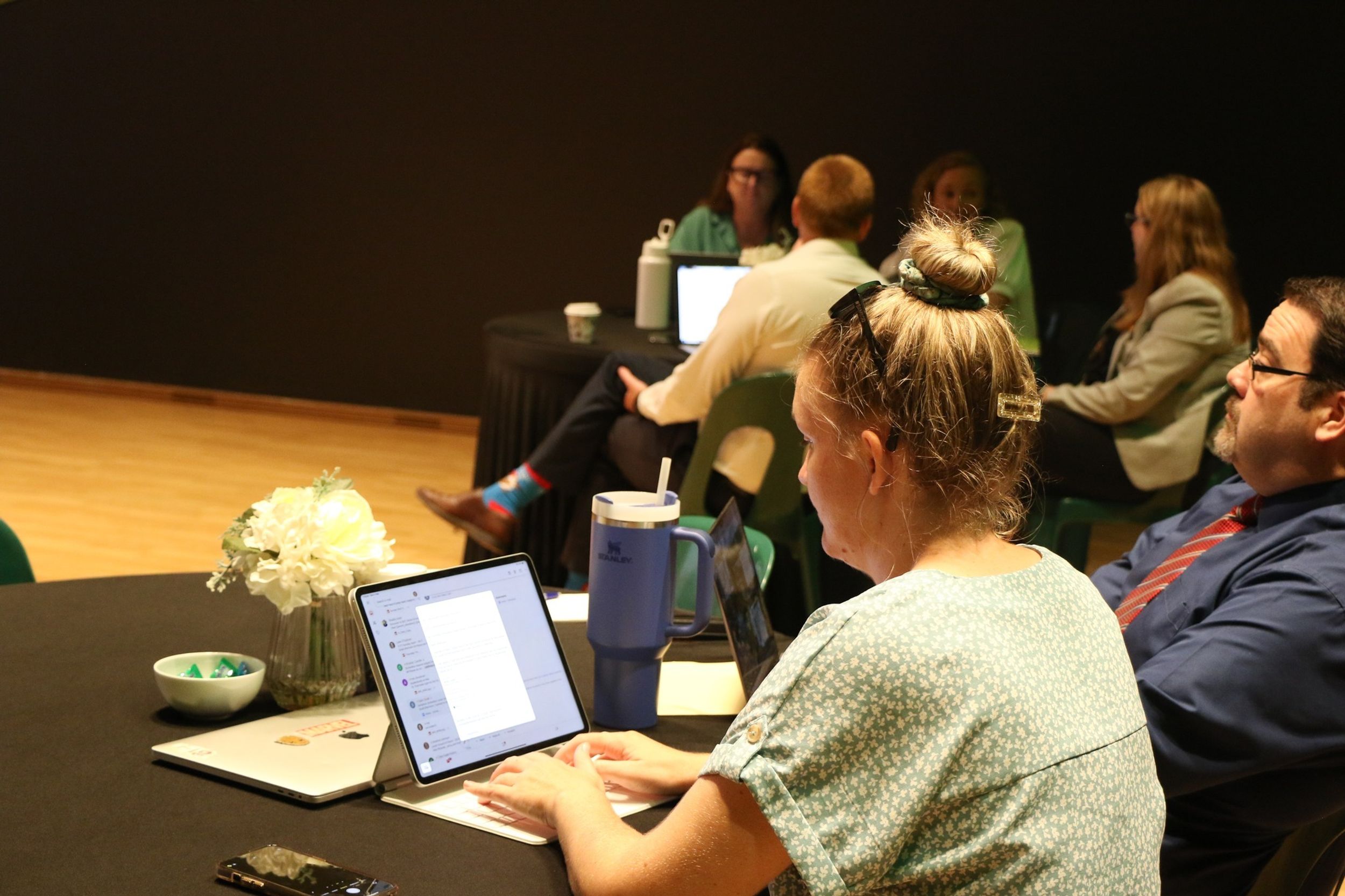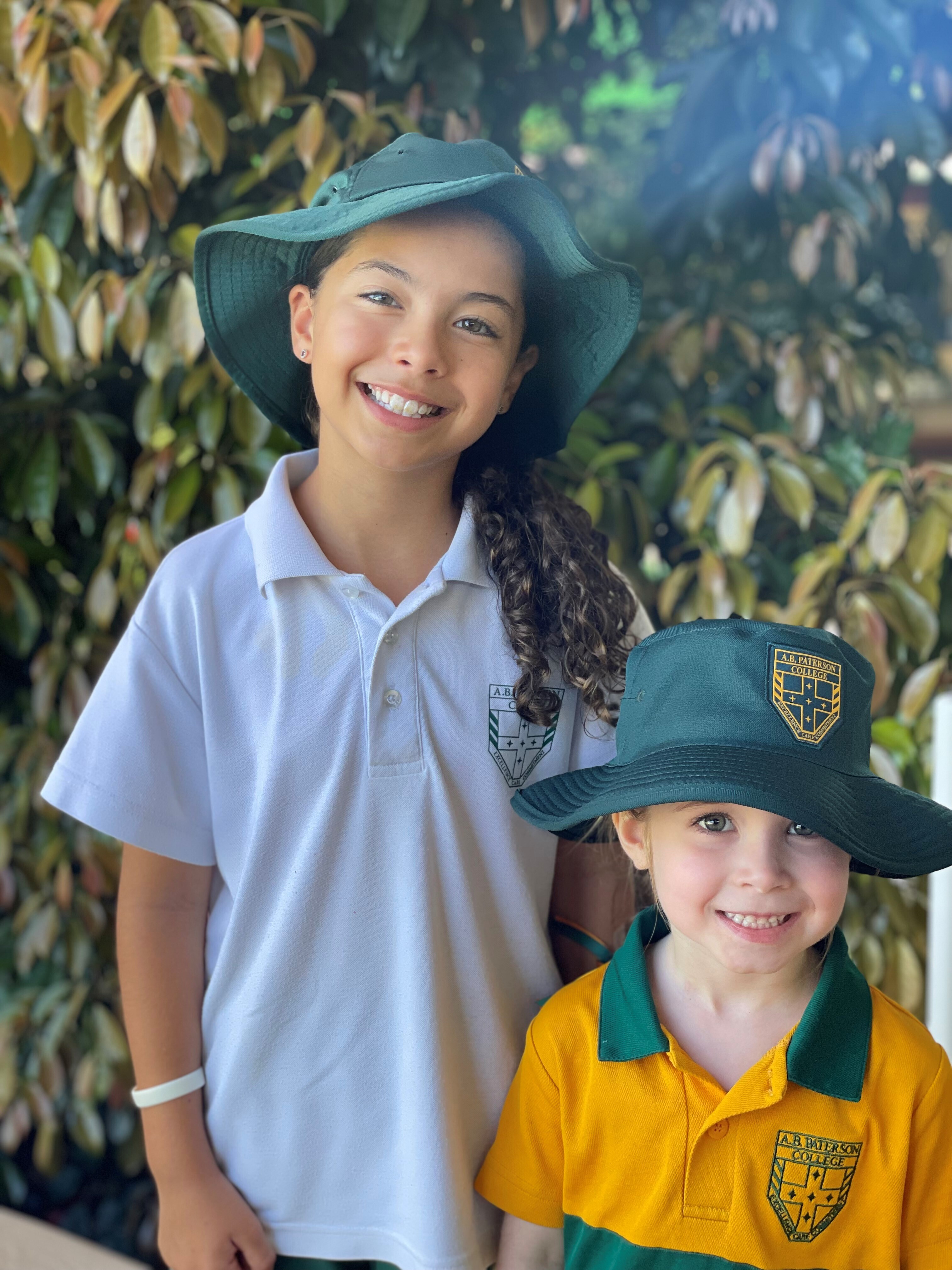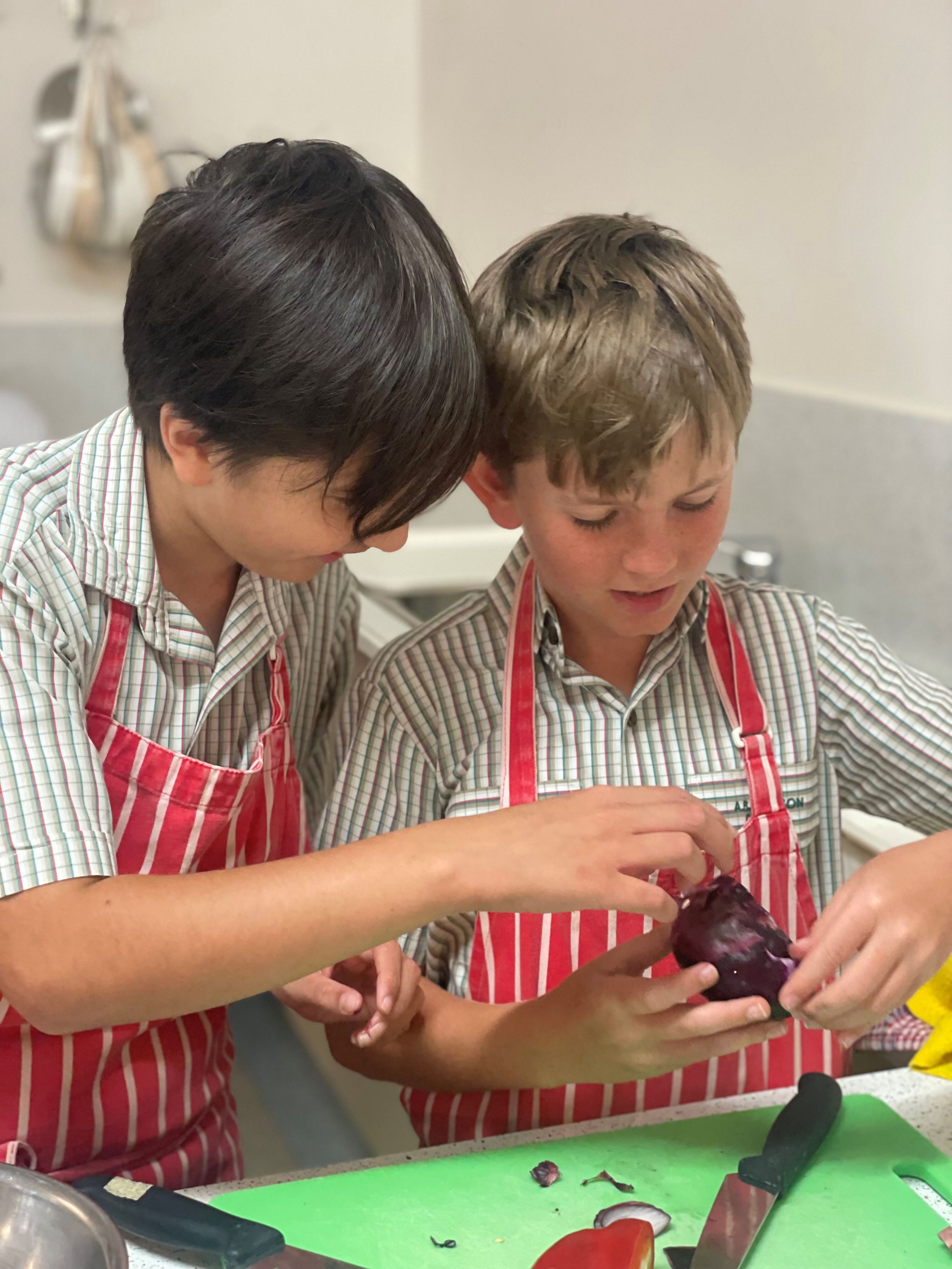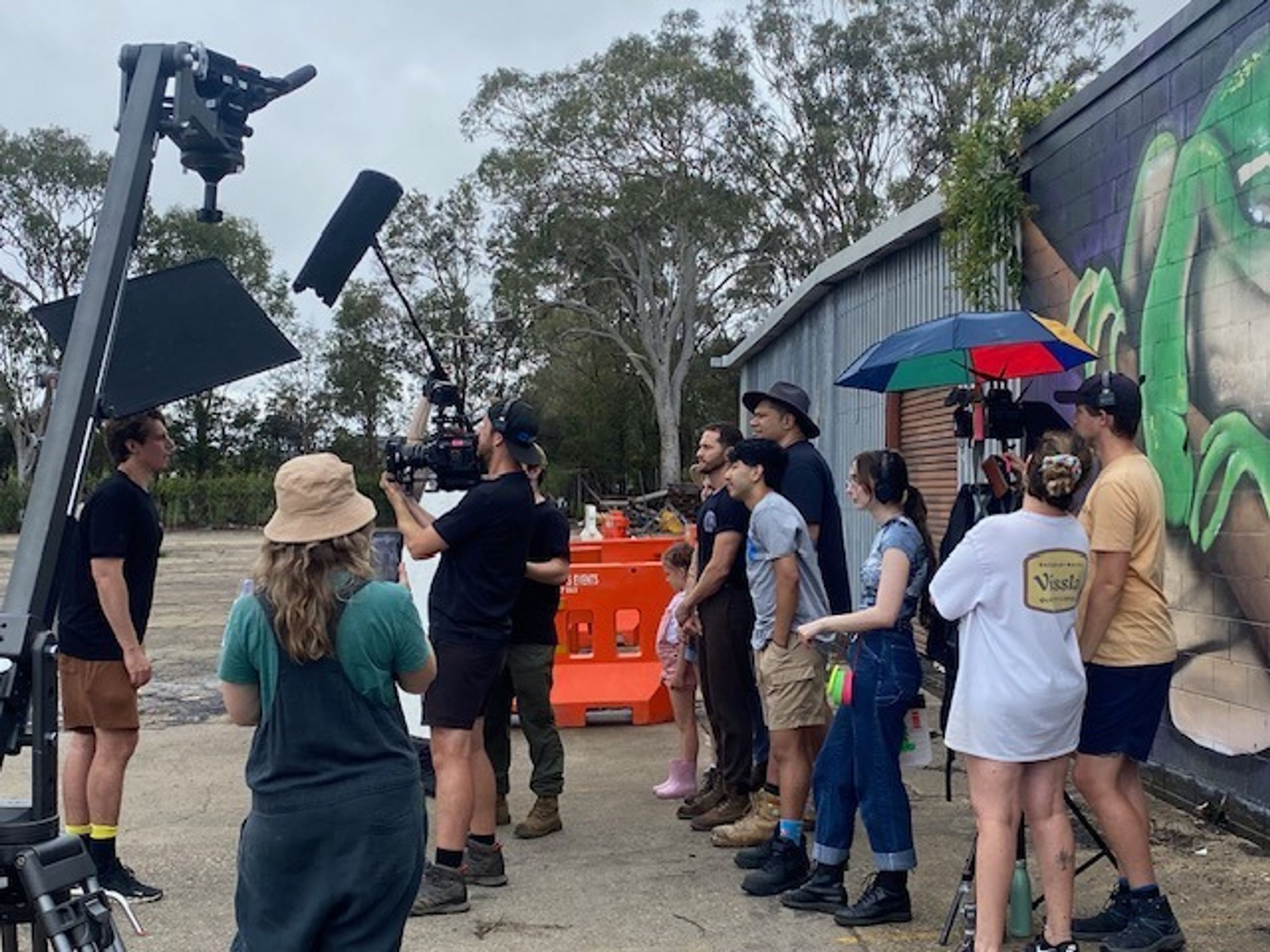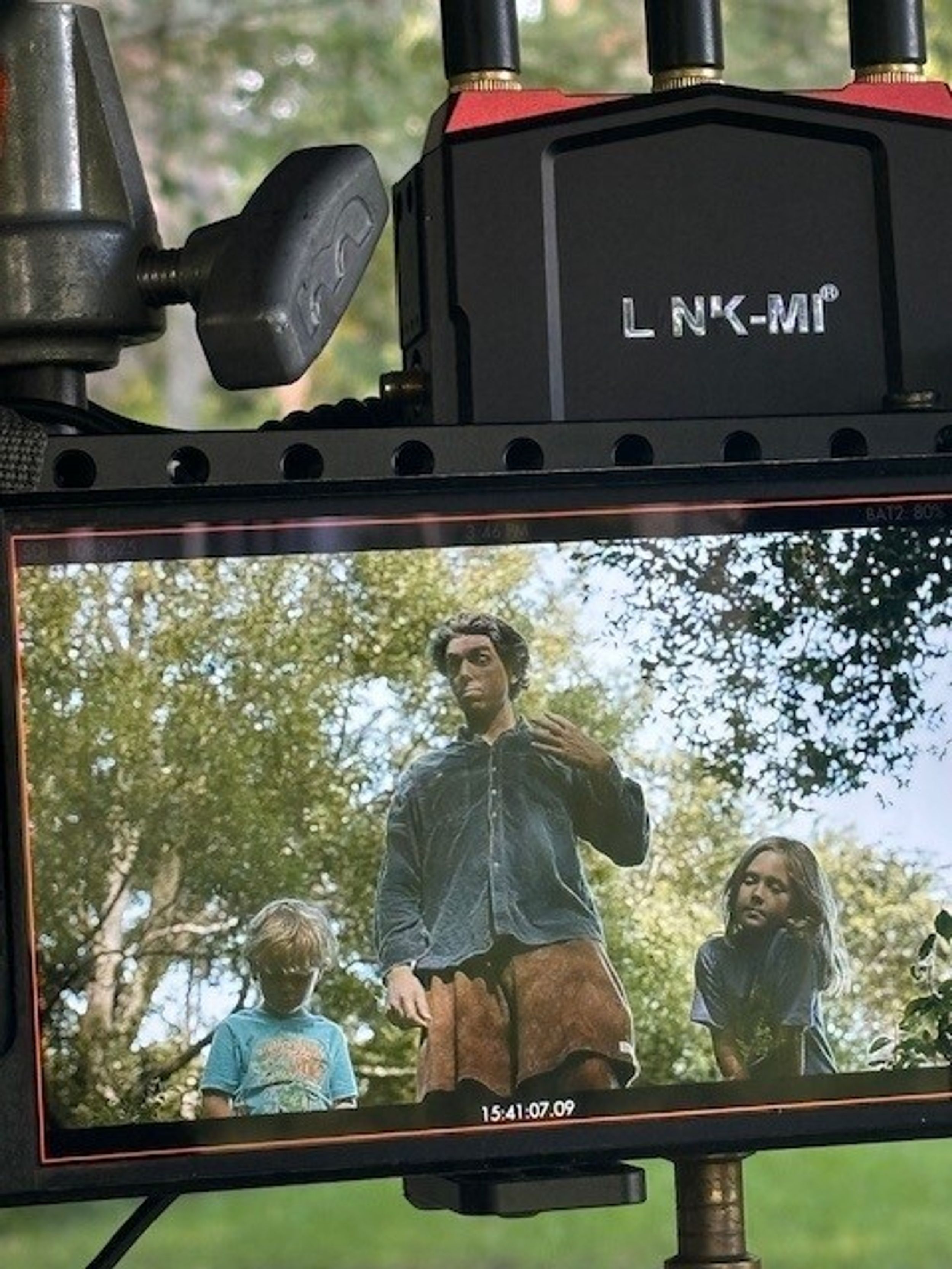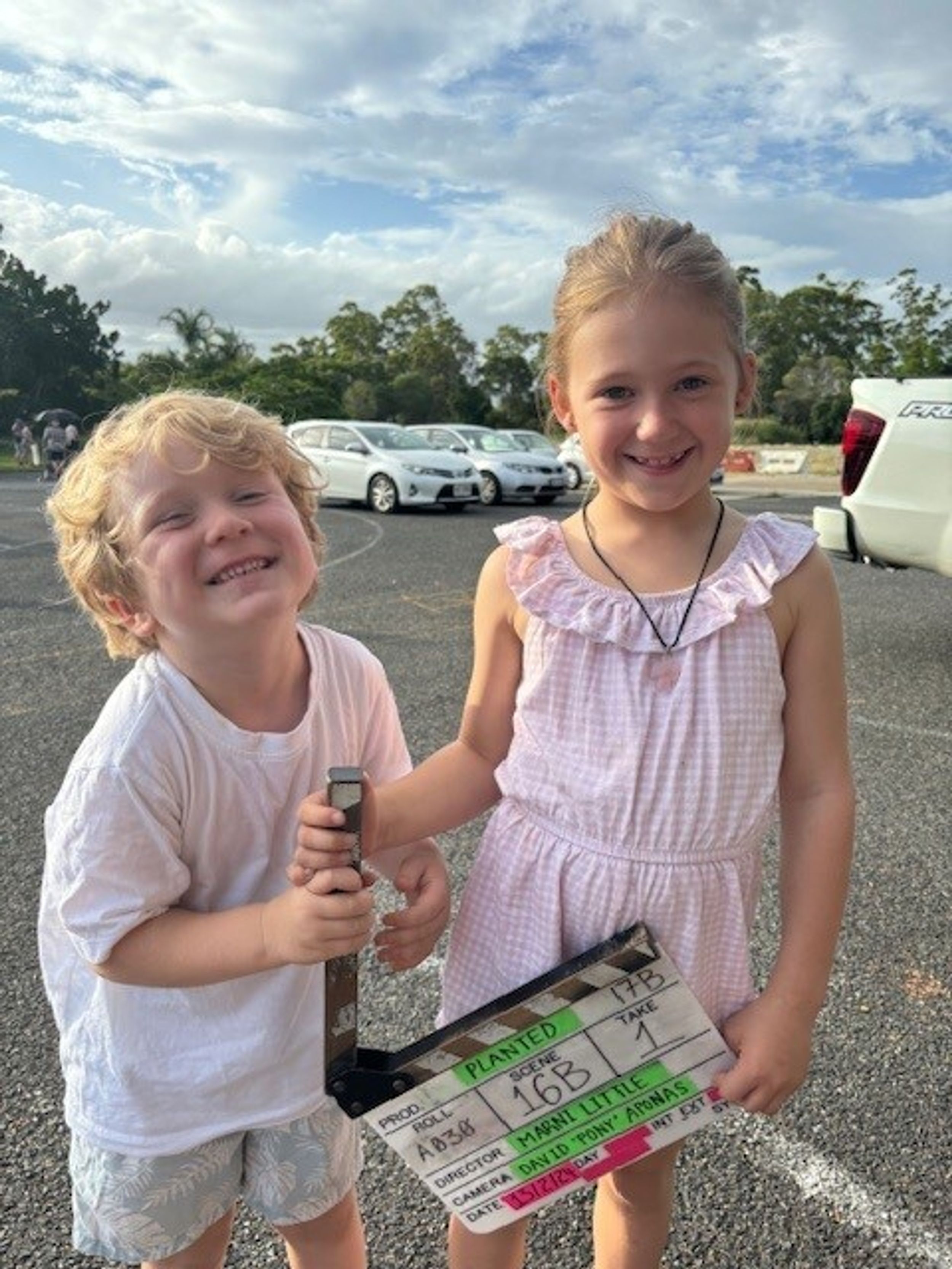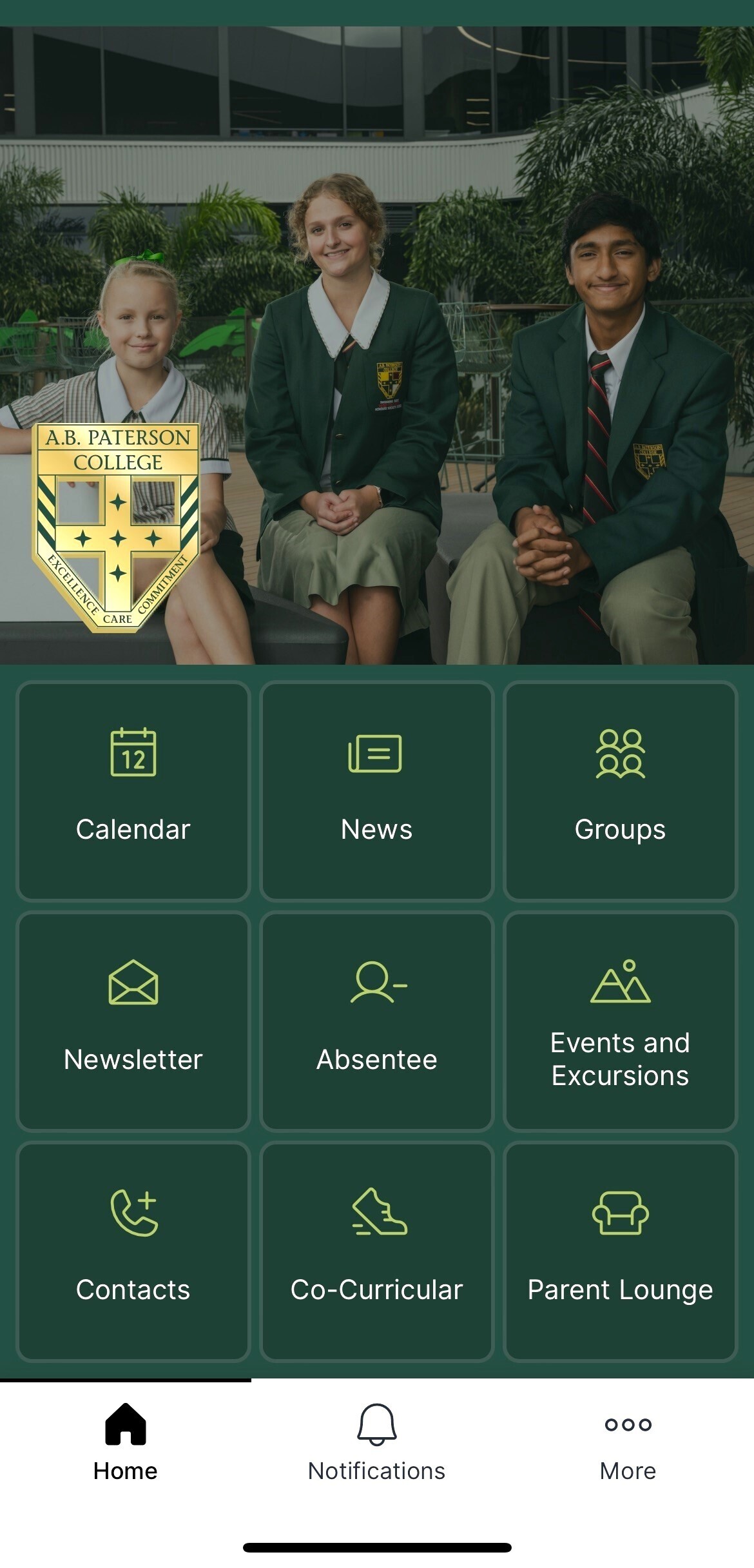Teaching for Understanding

Junior School classroom learning extends far beyond surface-level knowledge; it is about empowering even our youngest learners at the College to deeply understand and apply what they learn in new and innovative ways. Developing these critical thinking and problem-solving skills is vital for our students in navigating the complexities of today's rapidly evolving landscape. By instilling a strong foundation of critical thinking and problem-solving skills, we equip our students with the tools necessary to adapt and thrive in an ever-changing world.
We are excited to continue incorporating the Teaching for Understanding pedagogy and visible thinking tools into our curriculum, starting from the earliest years. The essence of the Teaching for Understanding pedagogy lies in surpassing mere knowledge acquisition and transitioning towards a more profound and interconnected understanding for our learners. Understanding involves being able to take knowledge and use it in new ways, explaining, finding evidence and examples, applying, and representing a topic in new ways. Our aim is to provide learning opportunities that prioritise both acquiring knowledge and developing deep understanding. By emphasising meaningful learning, transferring knowledge to new situations, and fostering lifelong learning skills, the framework equips even our youngest students with the tools they need to succeed and thrive.
Performances of understanding allow opportunities for students to demonstrate their level of understanding of a concept. They involve applying the skill or content knowledge in new situations, at a deeper level. Within a Year 2 Visual Art classroom for example, a culminating performance of understanding looks like students demonstrating their understanding of how the use of music, line and colour can create simple yet interesting artworks. They do so by taking a series of digital self-portrait photographs representing a range of emotions. Then, they apply art-making processes to create a collage artwork to present to their peers. Within a Year 5 classroom, a culminating performance of understanding in Technologies involves students creating a digital poster illustrating their understanding of an industry that could use or could benefit from the use of drones to enhance a service to the community. In conclusion, performances of understanding not only assess students' comprehension of concepts but also foster creativity, critical thinking, and application of knowledge across various disciplines.
Embracing learning challenges with resilience, curiosity, and independence is also an important part of the learning process. Students are encouraged to take risks and explore new approaches to class tasks, even when they seem challenging. Our teachers are committed to cultivating critical and creative thinking skills within Junior School learning environments, alongside fostering independence, nurturing empathy, and perseverance with learning new and challenging concepts. Empowering students to think for themselves and take initiative prepares learners for the complexities of the modern world. Through instilling a sense of self-reliance and autonomy, we ensure students emerge as confident and capable individuals who embrace future learning challenges with commitment and a growth mindset.
GEORGINA BURROWS | ACTING DIRECTOR OF TEACHING AND LEARNING – PREP TO YEAR 6

